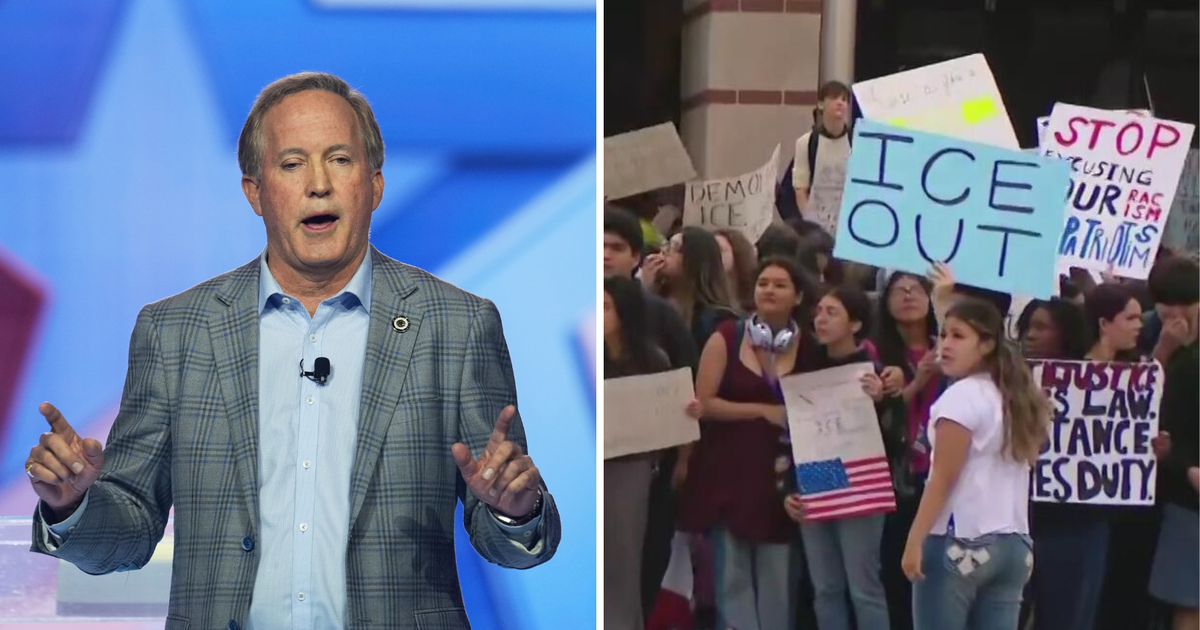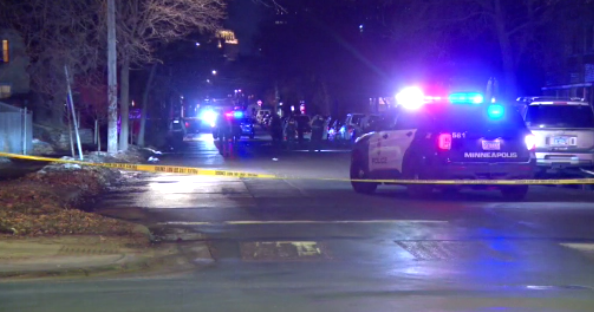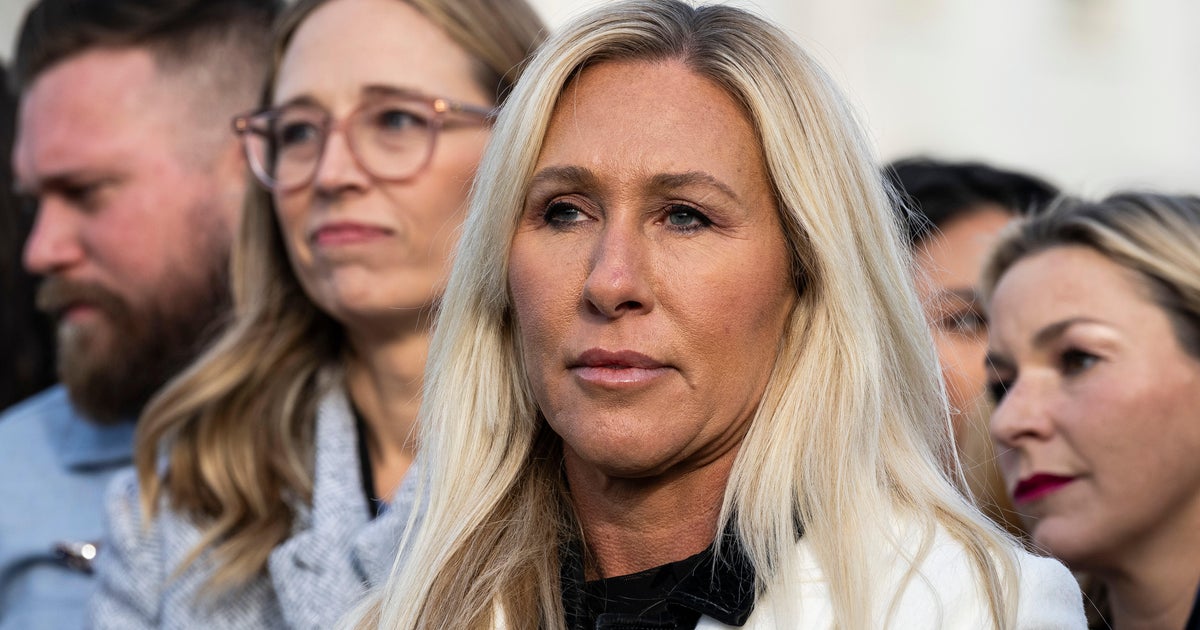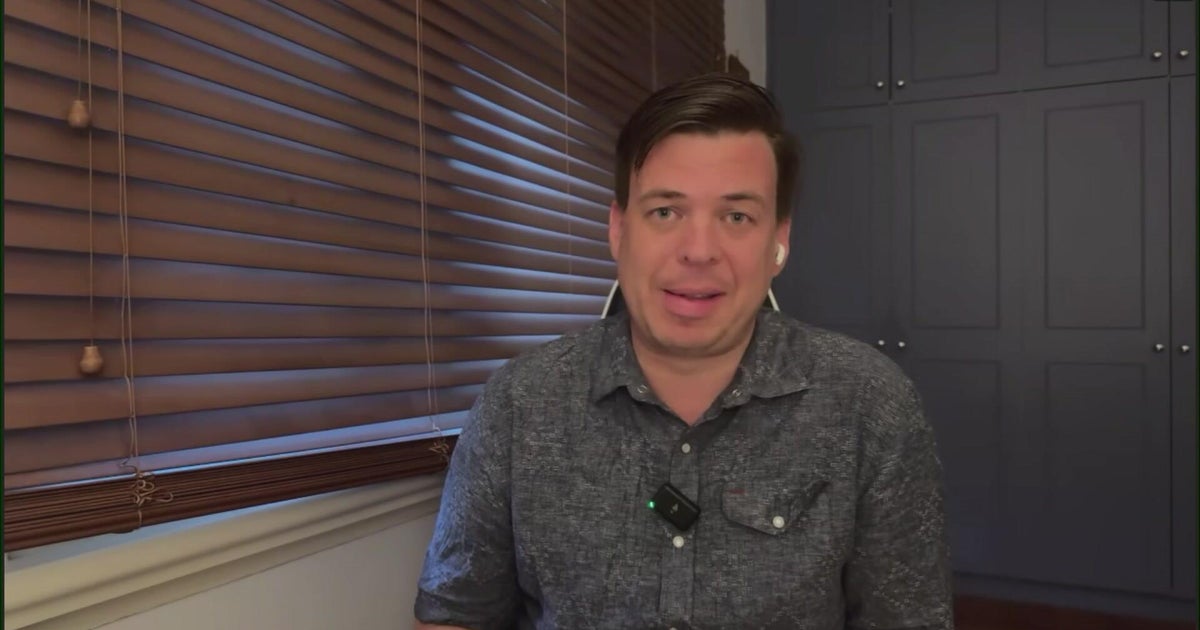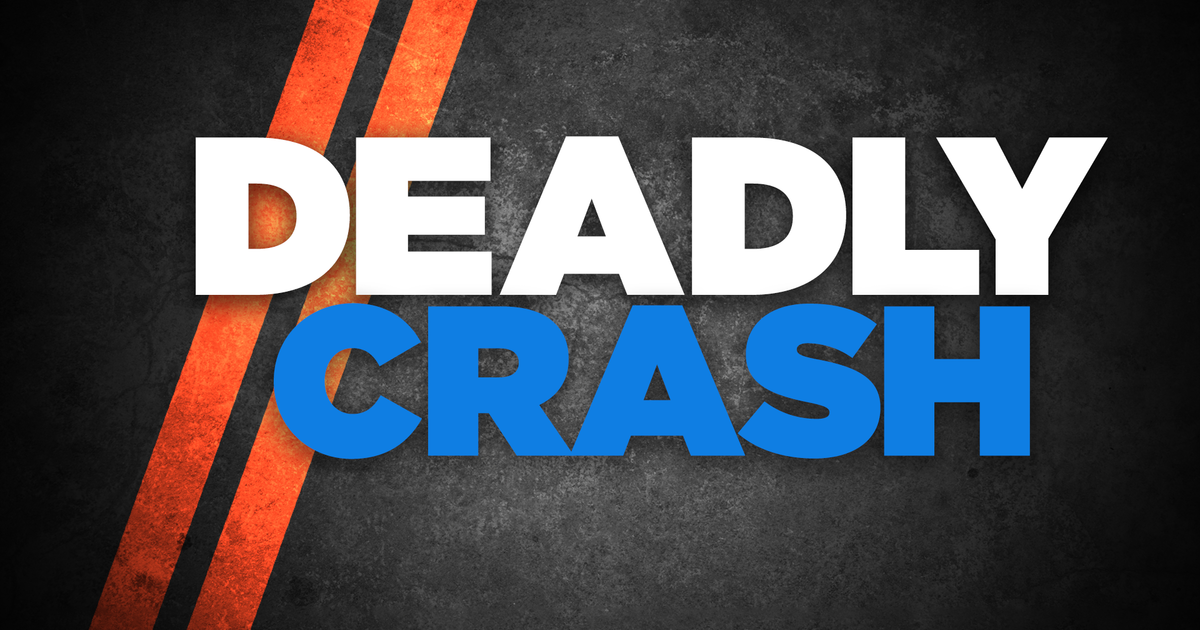Good Question: How Do Congressional Committee Hearings Work?
MINNEAPOLIS (WCCO) -- On Thursday, Hillary Clinton will testify before a special House committee to investigate the killings of four Americans, including an ambassador, in Benghazi, Libya in 2012.
Republicans have been accused recently of turning this investigation into a political "gotcha," but these kinds of hearings have a long tradition in United States. So, how do Congressional committee hearings work?
"The simple answer is just about any committee in Congress can hold a hearing for just about anything it wants," Hamline University law professor David Schultz said.
This past week, there were hearings on car safety, climate change, drug use and much more. Most Americans probably never heard about any of them.
"Literally every day, every committee is holding a hearing about something, and it could be about why milk is so expensive, and why gas prices are what they are," Schultz said.
There are different types of hearings, including legislative, oversight, confirmation and investigative. Legislative hearings are generally about policy issues that may eventually become law. Oversight hearings study an issue, activity or government program. Confirmation hearings are held in the Senate to confirm Presidential nominations. Investigative hearings happens when there is usually a suspicion a person or agency did something wrong.
"Back after 9/11, Congress wanted to know why the terrorist attacks occurred," Schultz said. "They didn't have any legislation in place but said we want to know what happened."
Some of the most famous investigative hearings are the Army-McCarthy, Watergate and Iran-Contra.
"Are they political? Everything is potentially political," Schultz said.
Most people voluntarily appear to testify before Congress, but some have to be subpoenaed. If subpoenaed, a person is required testify and could face charges of contempt of Congress if they choose not to participate.
As for what comes of these hearings, Schultz says it's sometimes new laws and other times it's just a report. In some cases, the hearings can uncover wrongdoing that could be prosecuted by the Department of Justice.
"Often times, just being called before Congress and being yelled at, appearing on the national news is probably enough to hurt somebody," Schultz said.
